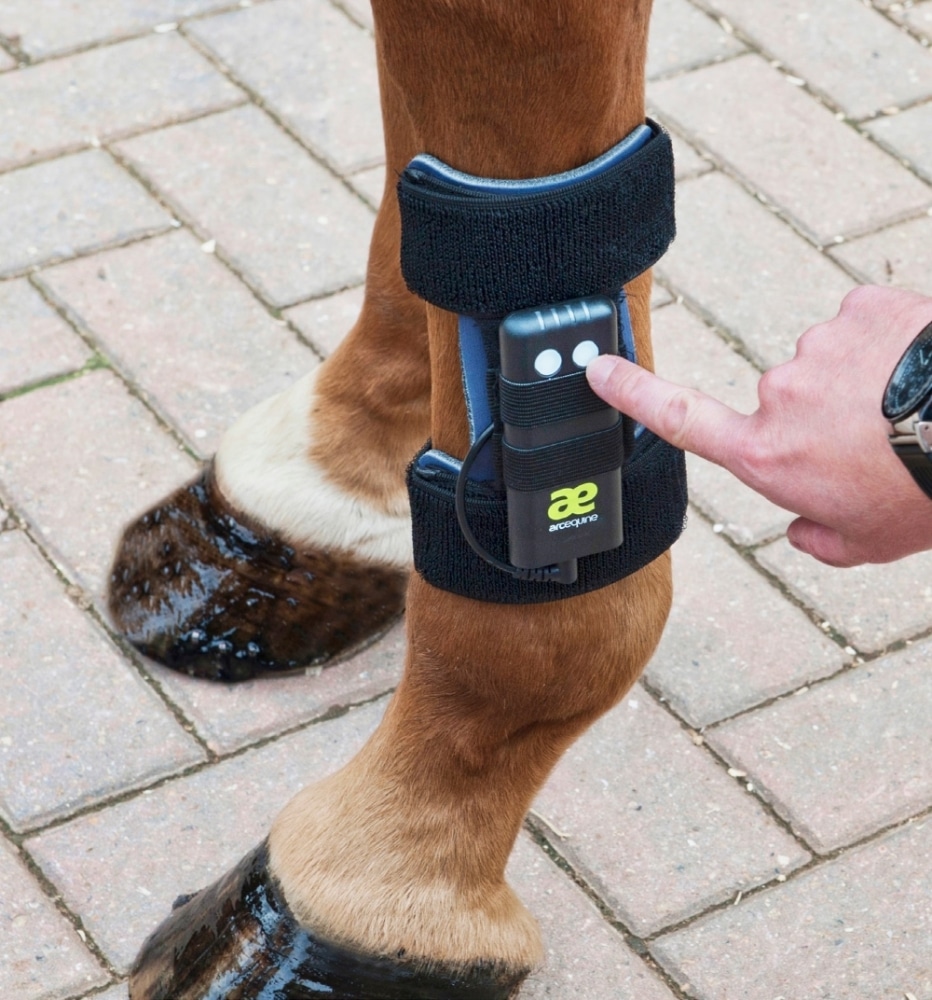Ian Thirkwell from Hawkhurst developed his ARC Microtech technology after stepping down from Scotland Yard and reading his wife’s PhD research on microcurrent therapy.
“I was very sceptical at first,” he said. “Apparently every cell in your body communicates to other cells using a microcurrent and this research was saying these currents could be used to treat illness.”
He said after being convinced by the peer reviewed studies on the subject, he spent several years developing a system that has become popular with the race horse industry.
“Irish horse trainer Willy Mullins asked if he could use it on two his animals that had sustained career-ending and life-threatening injuries,” said Mr Thirkwell. “It took about two years, but we nursed them back to full health. These were horses there we were told could never race again.”
His device Arc Equine is now being used to treat horses across the UK, but he decided to adapt it when Covid-19 struck and the Microtech team got involved in helping people treat coronavirus symptoms using his medically regulated and peer reviewed therapy.
“I was approached by a health care worker and two of her colleagues who had long Covid symptoms including anosmia and parosmia.
“These people either couldn’t smell, or everything had a disgusting aroma to it. This had been going on for months, but after treatment they began feeling a lot better.”
Rechargeable and about the size of a small MP3 player the ‘Arc4Health’ device is worn in a band on the arm, leg or ankle and uses microcurrents to reduce inflammation and increase the rate of cell repair.
An estimated two million people in the UK have, or have had, long Covid, where symptoms persist for more than 12 weeks after infection.
Studies, including work carried out at the University of Glasgow, now suggest long Covid is, like arthritis, a chronic inflammatory condition, which is why microcurrent therapy might help.
“The biggest challenge at the moment is to get health service to take an interest in this technology.
“It has full regulatory approval and from the results we have seen and in other studies this could really make a difference to a lot of people’s lives,” said Mr Thirkwell.








